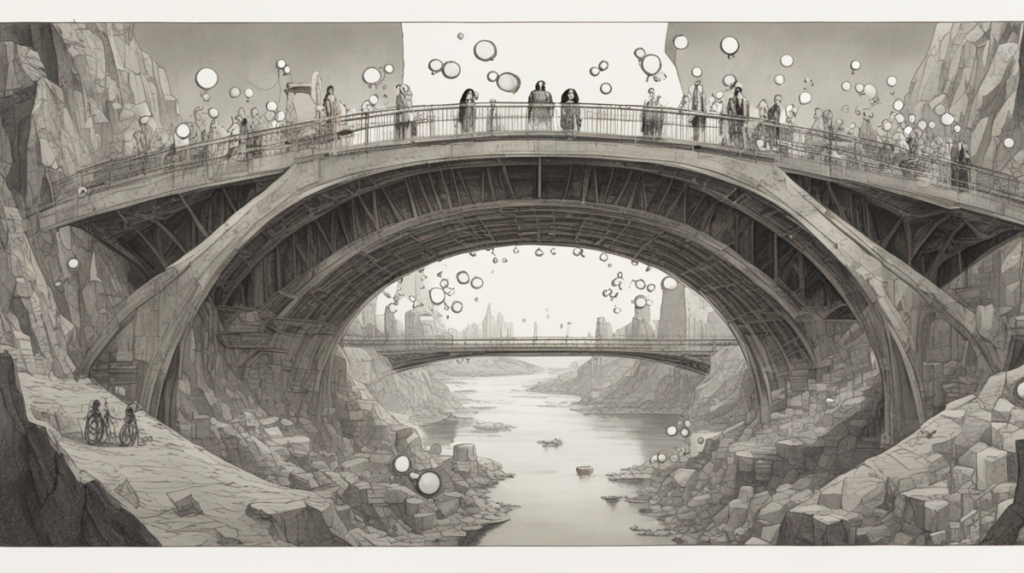Introduction
The dynamic relationship between science and society is overwhelmingly important, particularly in today’s fast-evolving health sectors. This interconnection, however, often features a disconcerting gap. Bridging this gap requires fostering a stronger community understanding of science and fostering trust in scientific processes and outcomes. We delve into this pertinent issue, providing insights into bridging the science-society gap to build a healthier future.
Understanding the Gap
Despite the undeniable benefits and advancements in health realized through scientific research, a distinct divide exists between science and society. This separation stems from common misconceptions about science, a lack of scientific literacy, and the sometimes-controversial nature of scientific findings. This gap inadvertently threatens public health, hinders scientific progress, and slows down the adoption of new health practices and policies.
Fostering Scientific Literacy
Scientific literacy is more than just understanding scientific facts; it encompasses a deep appreciation of the scientific method, critical thinking, and the capability to engage in science-based discussions. As society becomes more scientifically literate, the gap between society and science lessens. Education systems, workshops, and public forums can help to improve scientific literacy, enabling individuals to make informed decisions about their health.
Promoting Transparent Communication
Transparent, direct, and straightforward communication from the scientific realm to the public is invaluable. Clarity erodes barriers, reducing resistance and combating misinformation. When scientific findings, particularly health-related ones, are conveyed clearly and without jargon, public trust in science intensifies.
Cultivating Trust in Science
The mistrust in science can be partly addressed by increasing public understanding and involvement in the scientific process. Citizen science projects and public engagement activities that involve people in data collection, decision-making, and problem-solving can increase trust and ownership in scientific projects, leading to greater acceptance of science-based health recommendations.
Addressing Controversies and Debates
Scientific debates and controversies, such as vaccination or genetically modified foods, should be addressed directly, accurately, and with empathy. Scientists and health professionals need to show understanding of these concerns and align the conversation around shared goals of health and well-being. Objective data, coupled with sincere engagement, can help waylay fears and bridge the gap.
Conclusion
Uniting science and society is crucial for informed decision-making and the global health narrative. Both stand as pillars, supporting a happier, healthier future. To bridge the gap between science and society, we must prioritize transparency, scientific literacy, public engagement, and clearing the air on controversies. In doing so, we invite common understanding, mutual trust, and accelerated progress in public health.

